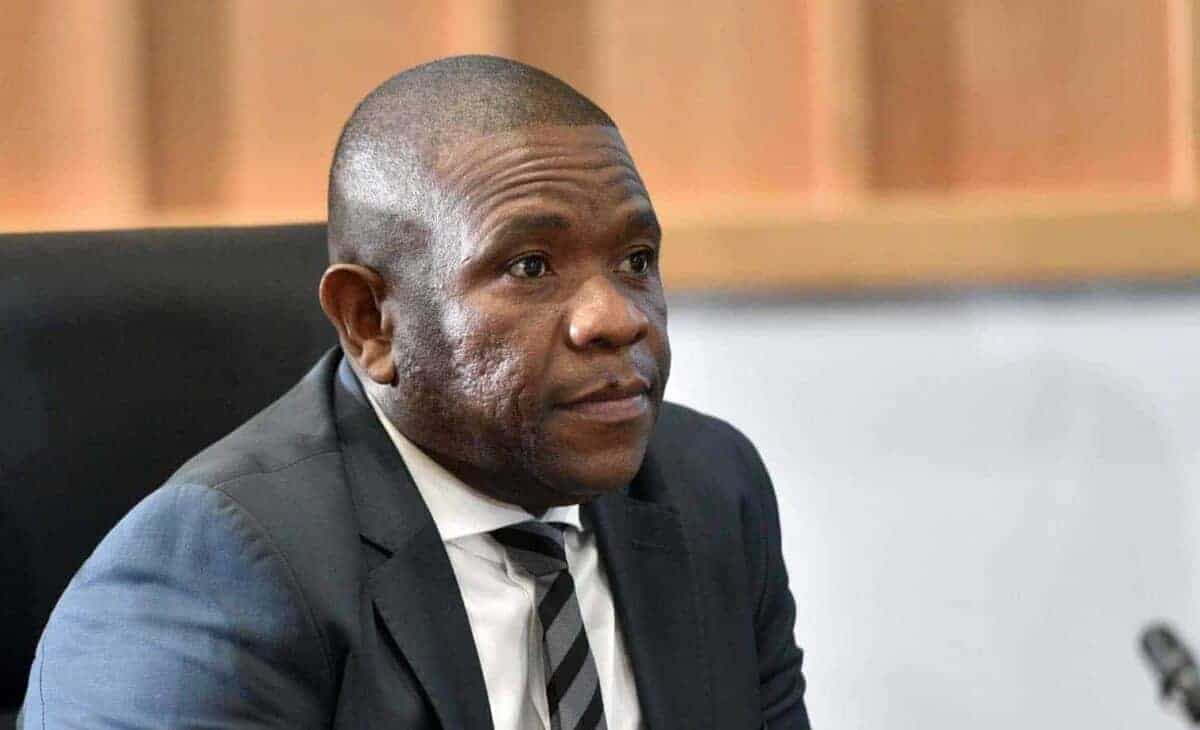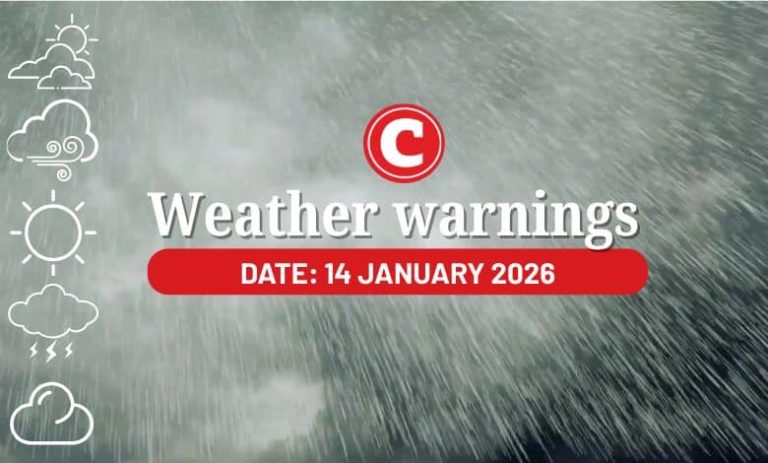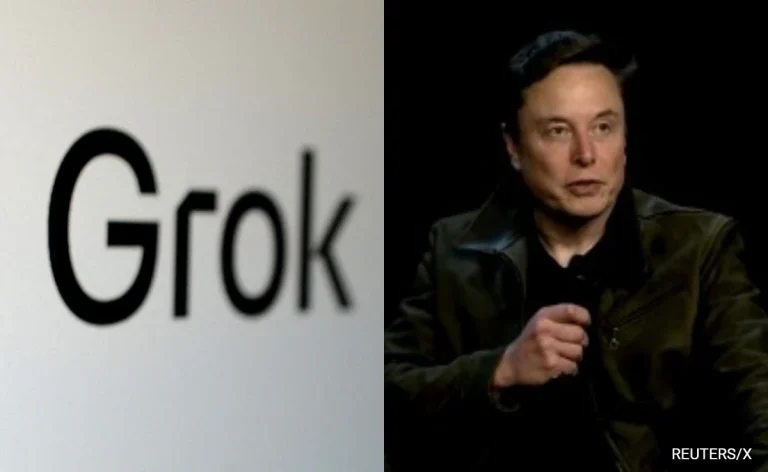
South Africa has never been the same since that Sunday on 6 July when KwaZulu-Natal police provincial commissioner Lieutenant-General Nhlanhla Mkhwanazi stood before the nation and declared that there is rot in the police and judiciary that makes it impossible for ordinary police officers to do their job.
This rot, in the form of corruption, political influence in the police and criminals buying political and police protection to evade justice is what the Madlanga commission and parliamentary ad hoc committee on the police are investigating.
Last week, during the sitting of the ad hoc committee, Mkhwanazi withdrew one of the many allegations he had made.
He admitted he was mistaken on the allegation that former national police commissioner and former minister of police Bheki Cele had sent banking details to alleged criminal syndicate mastermind Vusimuzi “Cat” Matlala.
All of Mkhwanazi’s detractors came raining down hard on him: if he was wrong about Cele, what else is he wrong about?
Even the suspiciously quiet DA firebrand, Glynnis Breytenbach, found her voice to demand that Mkhwanazi be dragged back to the parliamentary ad hoc committee to apologise to Cele and withdraw his allegations officially.
Her reasoning? He made the allegations on an official platform and must retract them from the very same platform.
ALSO READ: Calls grow for major security reforms in SA amid Saps crisis
There is a sense that Mkhwanazi punished those that he mentioned by name in making his allegations and he therefore must “suffer the humiliation” of saying “I was wrong” on a public platform.
In other words, South Africa’s parliamentarians want the man who blew the lid on police and judicial corruption to come and perform his humiliation and apology.
At the same time at South Africa’s administrative capital, at Bridget Mabandla House, witnesses A, B and C were telling the whole country that in performing their everyday duties of arresting alleged criminal syndicate heads, they had helicopters hovering overhead to intimidate them into not effecting the arrests.
While conducting a search operation at Matlala’s house, he allegedly rattled off names of people in the top police leadership whose protection he had bought.
Witness B, a police detective who was involved in the arrest of Katiso Molefe for the murder of Armand Swart (mistakenly identified as a whistle-blower), detailed how they were warned off arresting Molefe because he was “the generals’ person”.
More damagingly, a yet-to-be-substantiated allegation that a R2.5 million bribe was paid to either the prosecutor or judge for Molefe to make bail on appeal was made by witness B.
All this because a brave policeman dared to stand up and risk it all: his career and reputation.
ALSO READ: Katiso ‘KT’ Molefe’s ‘Big Five’ cartel ties and protection of fugitive nephew under scrutiny
His detractors have alleged that he made these allegations because his and national police commissioner Fannie Masemola’s contracts are coming to an end and this is a bid to prolong their careers.
South Africans could not care less what his ulterior motives – if any – are, but the whole country knows that, had the police, criminals and political confluence been left untouched, a mafia state was its definite conclusion.
Mkhwanazi never asked to be canonised. He just found a country yearning for normalcy and justice… and the citizens embraced his bravery.
He himself has repeatedly said he is doing what he is doing so that the ordinary citizen can have the protection of the men and women in blue.
South Africans have never been kind to people who hold mirrors to their faces.
Prof Thuli Madonsela and former chief justice Raymond Zondo can attest to this. Mkhwanazi is simply exposing the rot, not causing it.
NOW READ: Mchunu concedes recording of Mkhwanazi threatening him ‘doesn’t exist’



